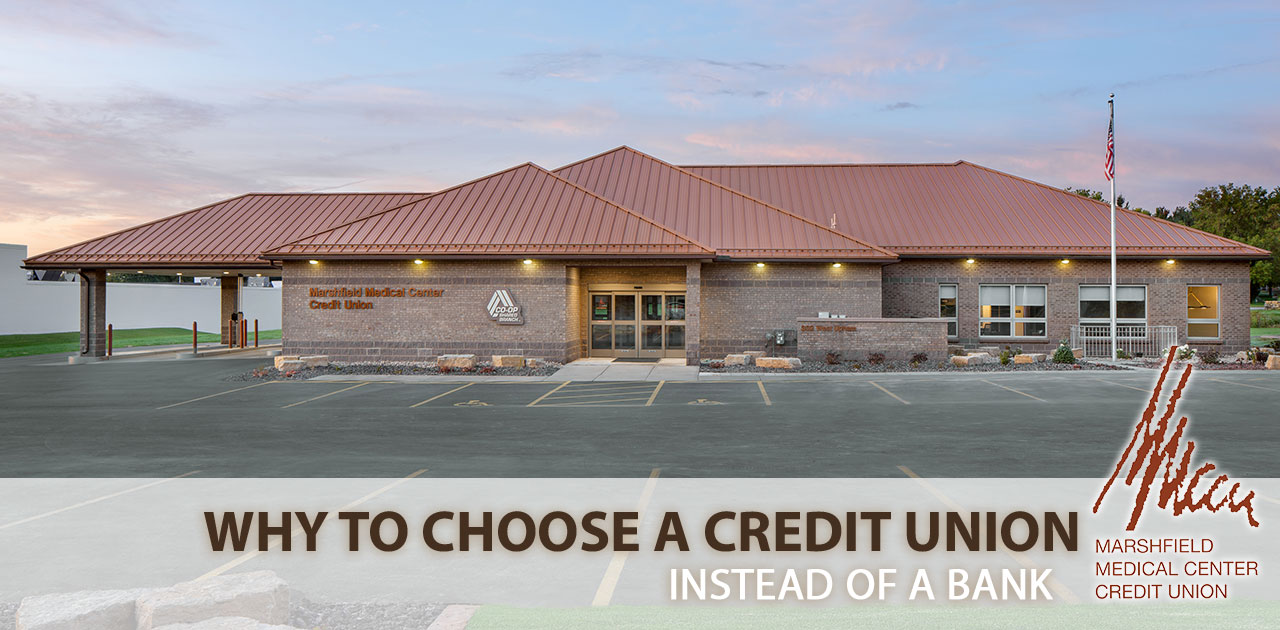July 26 is the Anniversary of Federal Credit Union Act
The Federal Credit Union Act was enacted during the depths of the Great Depression, in 1934 (MyCreditUnion.Gov). The law enabled credit unions to be organized throughout the United States under charters approved by the federal government. The purpose of the federal law was to make credit available to Americans and promote thrift through a national system of nonprofit, cooperative credit unions.
In the years since the passage of the Federal Credit Union Act, credit unions have evolved and are larger and more complex today than those first institutions. But, credit unions continue to provide needed financial services to millions of Americans.
Credit unions offer several benefits compared to traditional banks.
Here are some advantages of credit unions:
- Member Ownership: Credit unions are not-for-profit organizations owned and operated by their members. When you join a credit union, you become a member and have a say in the decision-making process. This member-centric approach often leads to better service and customer satisfaction.
- Lower Fees and Better Rates: Credit unions generally offer lower fees and better interest rates on loans, credit cards, and savings accounts compared to banks. As not-for-profit institutions, credit unions aim to provide financial benefits to their members rather than maximizing profits.
- Personalized Service: Credit unions are known for their personalized service and focus on building long-term relationships with their members. They often have a community-oriented approach and are more willing to work with individuals who may not meet the strict criteria of larger banks.
- Local Focus: Credit unions are often deeply rooted in their communities and prioritize serving the needs of their members in a specific geographic area. They may offer localized services, support local initiatives, and contribute to the community’s development.
- Democratic Governance: Credit unions operate on a democratic model, where members have the right to vote on important decisions and elect the board of directors. This democratic governance structure ensures that members’ interests are represented and decisions are made in their best interests.
- Shared Profits: As not-for-profit organizations, credit unions return profits to their members in the form of lower interest rates on loans, higher interest rates on savings accounts, and dividends on certain accounts. This can result in financial advantages for members.
- Financial Education: Credit unions often prioritize financial education and offer resources to help their members make informed decisions about money management, budgeting, and savings. They may provide workshops, seminars, or online resources to enhance financial literacy.
We welcome your stories! Contact us at news@onfocus.news!
[su_posts template=”templates/teaser-loop.php” posts_per_page=”3″ offset=”1″ order=”desc”]

